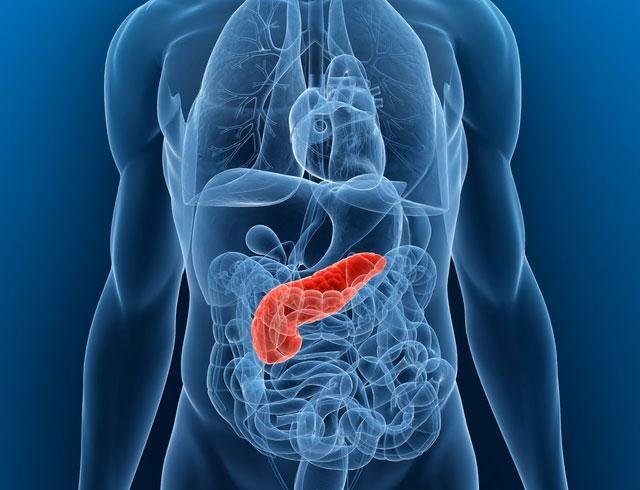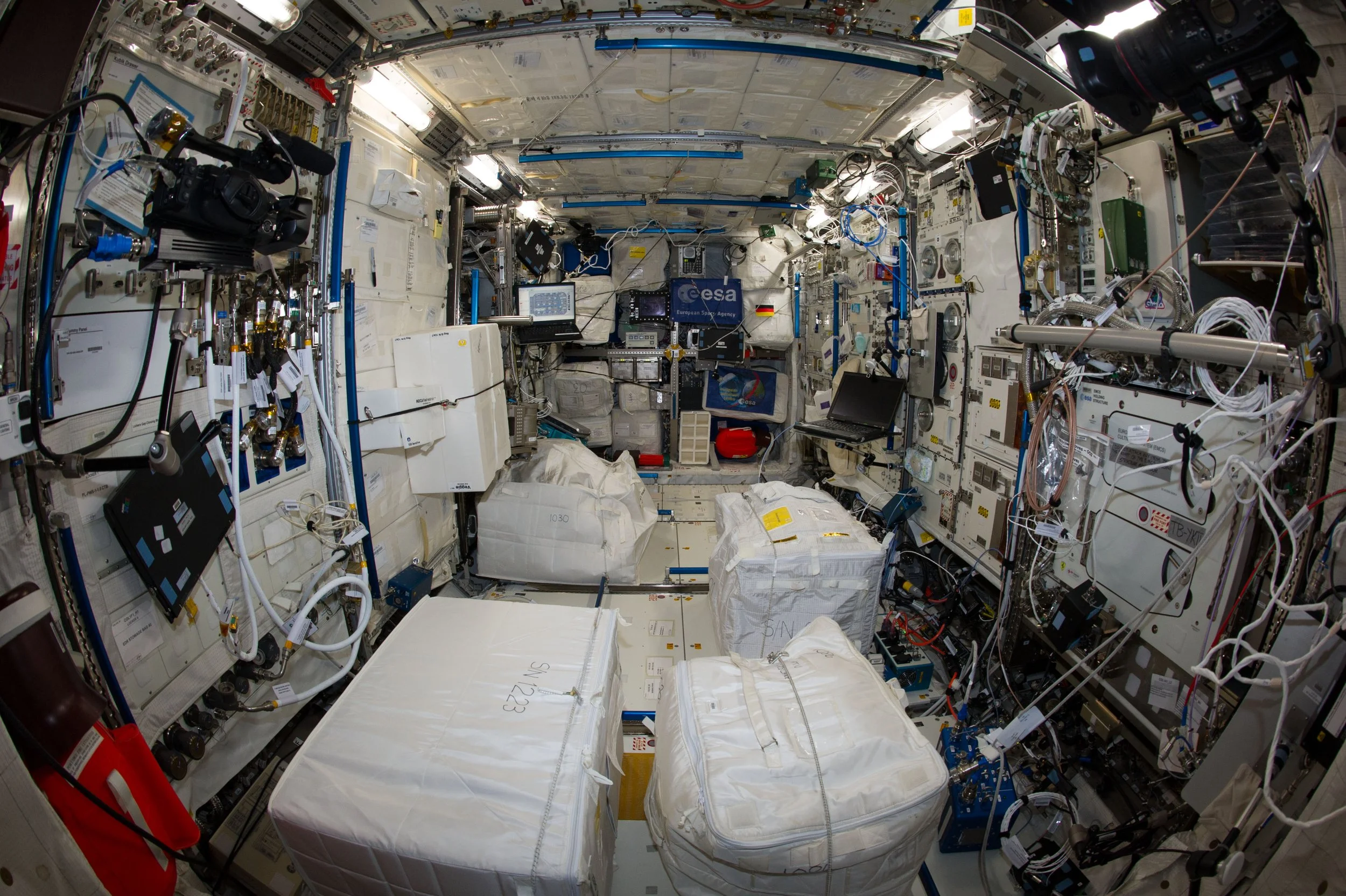
Effectively Eliminating Diabetes
Bio-Artificial Pancreas
There are over 422 million diabetics in the world today. Diabetes is a disease in which high levels of sugar occur in the blood and urine. The cause of the raised sugar levels is insufficient secretion of the hormone insulin by the pancreas. In the absence of this hormone, cells are unable to absorb sugar from the blood, and the excess sugar is excreted in the urine. While medications such as injectable insulin and oral hypoglycemics allow diabetics to live longer, diabetes remains the third leading cause of fatalities in the world.
In recent years, many scientists have sought to solve the problem of varying blood sugar levels by developing an implantable pump, delivering insulin more consistently than manual injections. The disadvantage of these is that they cannot respond to fluctuations caused by variations in diet and activity. Insulin can also be controlled with an electrode that senses the level of sugar in the blood. Any deterioration of the electrode could be disastrous; too large or too small a dosage of insulin could be fatal.
This is why ALIN Foundation labs developed the bio-artificial pancreas. It has a hollow tube made of a synthetic, semi-permeable membrane with pancreatic cells from animals attached to its outer surface. As the blood flows through the device, any sugar present in the blood diffuses across the membrane of the tube and triggering the precise secretion of insulin required. If blood sugar rises, insulin secretion rises proportionately, so that the patient's blood sugar would be kept at a normal level. Unlike the artificial electrode that can fail, the living cell would be more reliable and safe.
ALIN’s Bio-Artificial Pancreas is an external device. This was a collaborative project with Johnson & Johnson, and components of the device have been tested on NASA’s Space Shuttle in a zero-gravity environment. This device has been used in collaboration with new projects in the continued research and development of a true bio-artificial pancreas. Our hope is that, one day, diabetes will be a curable disease of the past.
-

Diabetes
Diabetes is the 3rd leading cause of fatalities. It’s a disease characterized by a high blood sugar levels and insulin complications.
-

Space Station Testing
Components of ALIN’s bio-artificial pancreas, were produced and tested on the Space Shuttle in a zero gravity environment.
-

Collaborative Projects
ALIN continues to collaborate with on-going artificial pancreas projects, so that one day no one will suffer from diabetes.